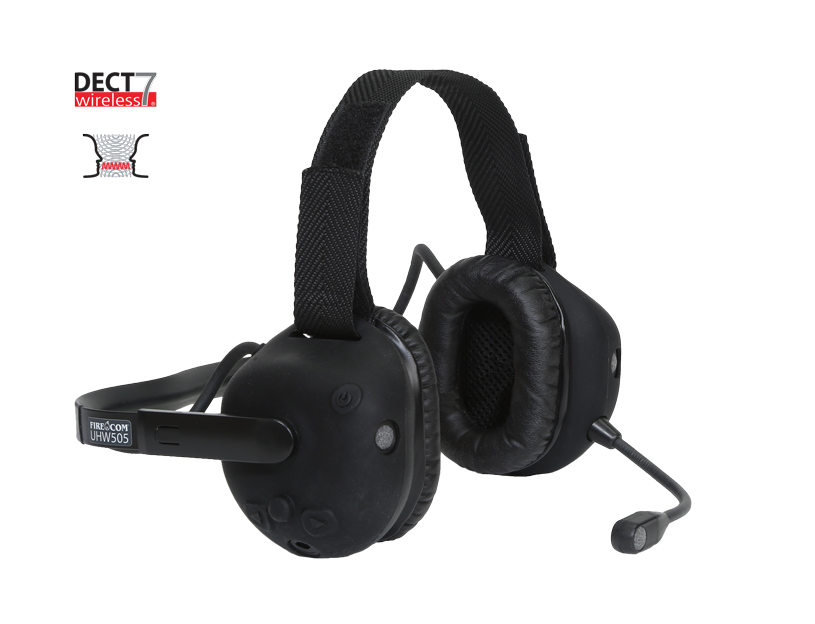
By 2060, it’s expected that the number of adults with hearing loss will have doubled to nearly 22%, and firefighters are no exception to this statistic.1 As PPE advances in other areas, hearing conservation has some catching up to do. Commonly, this is a forgotten issue for the typical fire department. Industry experts suspect one reason is due in part to the importance of firefighter’s hearing commands on scene. Failure to respond to voice commands, alarms, or other low-intensity sounds could put a firefighter at serious risk for injury, or even death, on scene.2 But these job functions come at a cost. A group of doctors studied 192 firefighters to find that hearing loss amongst the group was 150% higher than same-aged individuals working in “non-noise exposed” environments.2 The firefighting career has many potential exposures to dangerously high decibel levels. The average decibel level of a fire scene starts at 80dBA, but it jumps to 95dBA on a return run from a scene.3 A decibel level of 80dBA can cause inner-ear damage and risk hearing loss in prolonged exposure.4
Firefighters will confirm this fact. Lieutenant Paul Costello vividly remembers his evolution from a freshly minted probie dismissing his older colleagues’ complaints, to his current role as an experienced officer with his own hearing impairments from more than 23 years in the profession. He uses an old adage when describing challenges the fire industry faces in implementing better hearing protection. “I’ve seen the enemy, and it is us,” says Costello. Working as a union president he recalls focusing on low-bid hearing protection to muffle radio noise from dispatch. Unfortunately, such low-cost did nothing to address the siren or horn noise in the apparatus. Knowing that there’s so much potential risk for firefighters, how can the industry protect against the possibility of hearing loss or damage?
Protection Strategy
Depending on the environment, firefighters can wear earplugs at a minimum. In-ear speakers for communication are a good option, and wearing earmuff-type devices can provide additional protection.5 Engineers who operate next to noisy pump panels should wear a headset with a noise-cancelling mic that connects to the vehicle’s intercom system.5 These are short-term, immediate strategies. For long-term protection, fire departments must consider the investments necessary to prevent hearing loss.
Firecom produces a variety of products that are optimally designed for the fire scene and to protect firefighters on the job. The FHW507 is a radio transmit wireless headset. Not only does the headset have DECT7® wireless intercom, Bluetooth capability and durability in cold weather temps, it provides a 20dB NRR (noise reduction rating). Having proper equipment like communication headsets is important because a fire scene includes prolonged noise exposure as opposed to sudden, sharp noises.5 Failing to make investments now can result in permanent hearing damage and costly compensation claims down the road.
Costello admits he now has issues hearing some frequencies and vectors. He shudders to remember the “un-best practices” he saw occurring early in his career and now recognizes the significance of a disability claim that will likely continue on far past retirement. “Much less expensive is the training and supervisory enforcement to ensure compliance. It is, literally, for our own good,” says Costello.
About Firecom
Since 1989, Firecom has led the industry in providing advanced communications technology to the men and women on the front lines of first response. Through innovation and outstanding customer service, Firecom has built a name for itself in fire and rescue, working closely with departments to develop the products they need to do their jobs. At Firecom, communication isn’t just what we do; it’s who we are. Tell us what you need @Firecomheadsets. We’re all ears.
References
1. http://www.cnbc.com/2017/03/02/hearing-loss-is-expected-to-double-among-us-adults.html

